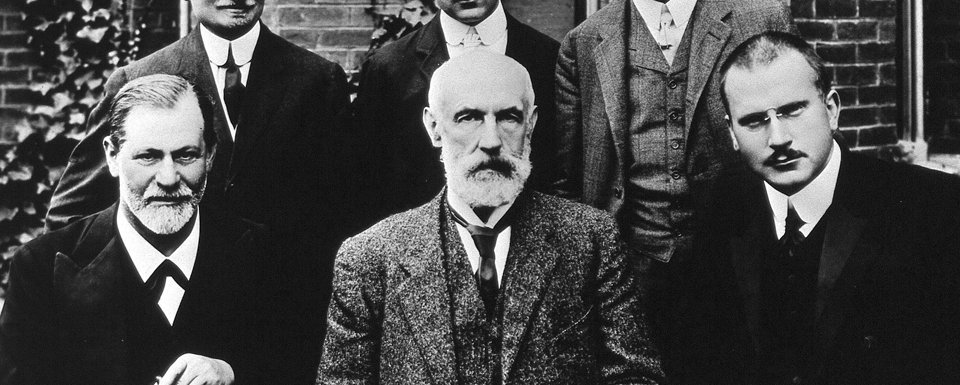“Tibetan Buddhism and Analytical Psychology: Appreciating Differences in Theory and Practice.”
A paper presented at the 6/05 Texas meeting of the International Association of Jungian Studies. A discussion of the relationship between Tibetan Buddhism and Analytical Psychology that goes a little deeper than the paper below. 8,497 words.
“Tibetan Buddhism and Jungian Psychology.”
An invited paper for a new book on Buddhism entitled Buddhist Philosophy and Practices in the Modern Context. This paper discusses Jung’s understanding of Tibetan Buddhism. It uses a personal synchronicity example to discuss Emptiness, the guru-disciple relationship, and deity yoga. 7,875 words.
“The Rhine-Jung Letters: Distinguishing Parapsychological from Synchronistic Events”
Using the recently found letters between Rhine and Jung we show that parapsychology is distinct from synchronicity. (Similar to the first paper below.) 9,608 words. Published in the Journal of Parapsychology, 62:1 (March, 1998).
“Distinguishing Synchronicity from Parapsychological Phenomena: An Essay in Honor of Marie-Louise von Franz”
Contrary to Jungian writers, I argue that synchronicity is distinguishable from parapsychological phenomena. I show that keeping them distinct helps us understand both classes of phenomena. 11,330 words. Part One has been published in Quadrant, The Journal of Contemporary Jungian Thought, vol. XXVIII:2, summer 1998, while Part Two is coming out soon.
“On the Physics and Psychology of the Transference as an Interactive Field”
The field notion in both modern physics and depth psychology combine to give a deeper understanding of phenomena in depth analysis. 10,400 words. Published in the Journal of Analytical Psychology, 1997.
“The Challenge of Synchronicity”
A clarification of synchronicity reveals significant scientific and philosophic challenges and a need to reconsider the value of psychological wounds. 4,700 words. Published in Quest Magazine, 1996.
“The Guru-Disciple Relationship: Making Connections and Withdrawing Projections”
An application of Jungian transference to understanding the guru-disciple relationship leads to suggestions for modern Westerners interested in Eastern spiritual practice. 9,700 words. Refused publication at the Journal of Transpersonal Psychology and the Journal of Analytical Psychology. Despite praise, they said it was more for those who had a guru than analysts. See what you think.

